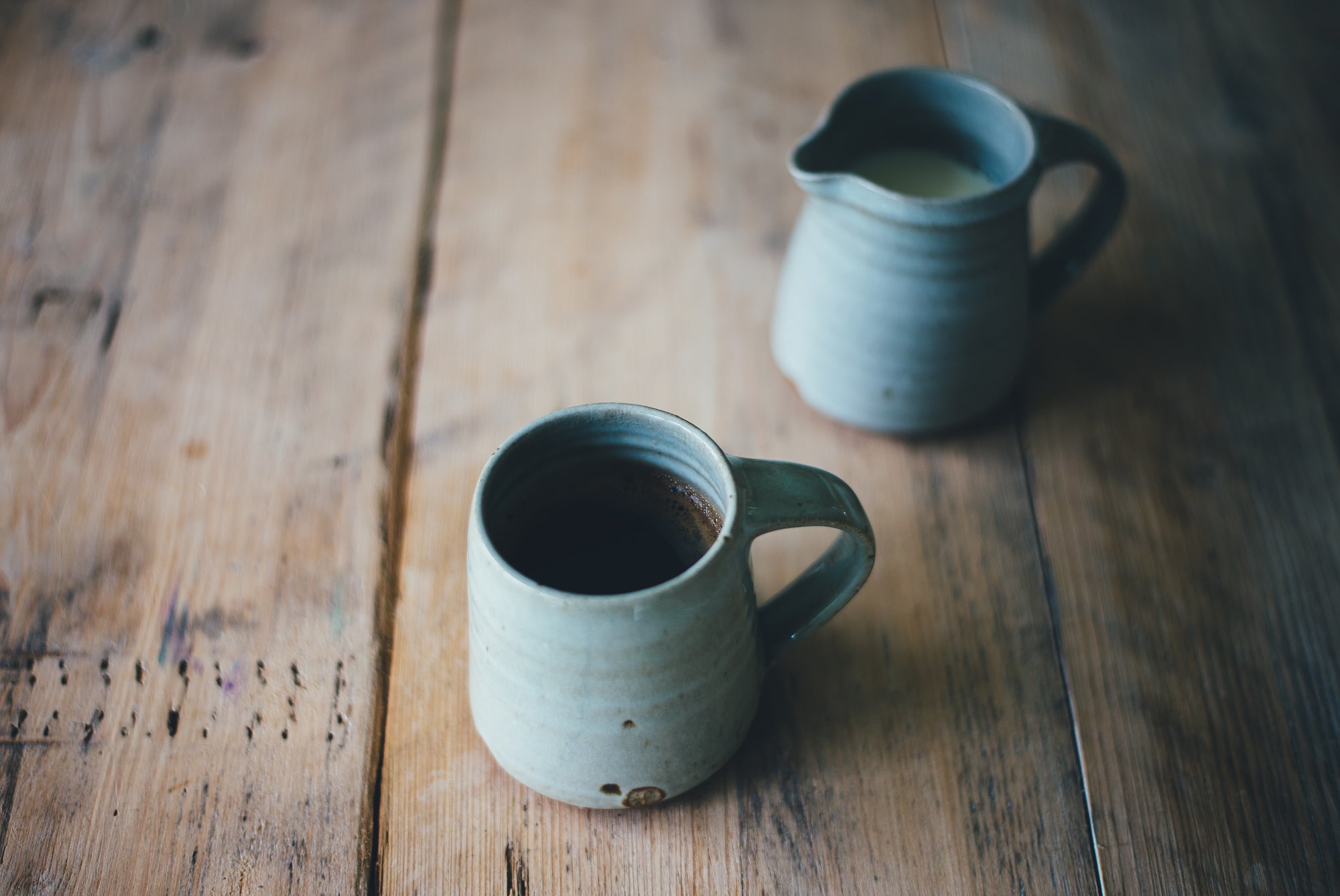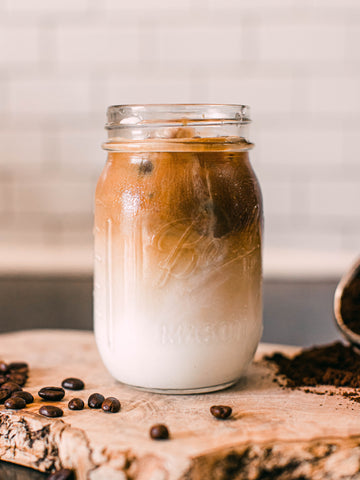

· By Joe Farafontoff
How to cope with caffeine sensitivity | Shroof
How to cope with Caffeine Sensitivity
1. Introduction: what is caffeine sensitivity and why does it happen?
If you're one of the millions of people who suffer from caffeine sensitivity, you know just how debilitating it can be. From headaches and nausea to racing heartbeats and dizziness, caffeine sensitivity can make even the simplest tasks seem impossible. But what is caffeine sensitivity, and why does it happen? In this post, we'll explore those questions and provide some strategies for coping with this condition.
Caffeine sensitivity is a condition when caffeine can cause uncomfortable symptoms. Those with this condition are typically very sensitive to the effects of caffeine and may experience symptoms like headaches, heart palpitations, and dizziness after even just one cup of coffee. Caffeine sensitivity is thought to be caused by a combination of genetic and environmental factors, and it's estimated that around 10% of the population suffers from this condition.
While there is no cure for caffeine sensitivity, there are ways to manage it.

2. The effects of caffeine sensitivity: how does it affect the body?
Caffeine intolerance occurs when the body cannot metabolize caffeine properly. Symptoms of caffeine sensitivity include anxiety, irritability, jitteriness, and dizziness. Caffeine sensitivity can also cause headaches, heart palpitations, and upset stomach.
Caffeine Sensitivity is more common in people with certain medical conditions, such as anxiety disorders, migraines, and heart conditions. People with caffeine sensitivity should limit their caffeine intake or avoid caffeine altogether.
Caffeine is dangerous for some people. Just like there are people who are "lightweights" when it comes to alcohol, there are also people who are lightweights when it comes to caffeine. They can't handle much caffeine before they start experiencing caffeine sensitivity symptoms. And just like with alcohol, the more caffeine these people consume, the worse the symptoms get.
Simply put, caffeine sensitivity is when your body has trouble when trying to metabolize caffeine. This can lead to a buildup of caffeine in the bloodstream, which can cause all sorts of problems.

3. Strategies for coping with caffeine sensitivity
There is no cure for being sensitive to caffeine or a caffeine allergy, but there are ways to manage it. If you suffer from this condition, it's important to be aware of your triggers and to limit your caffeine intake accordingly. Here are some strategies for coping with caffeine consumption:
- Avoid caffeine consumption altogether: This may seem like an obvious solution, but it's often the best way to avoid symptoms of caffeine. If you're highly sensitive to caffeine, even small amounts can trigger symptoms. So, it's best to avoid caffeine altogether if possible.
- Limit your caffeine intake and coffee consumption: If you can't completely give up caffeine or energy drinks, then it's important to at least limit your intake. Avoid consuming caffeine late in the day so that it doesn't interfere with your sleep.
-Try coffee alternatives like Shroof. Shroof is a coffee alternative designed to help you feel your best all day, without the downsides of coffee. Shroof has about 1/5 the amount of caffeine as a cup of coffee, but you'll still receive plenty of energy. It also has 4 mushrooms that provide incredible benefits for your body. Whether you're trying to hike to the top of that mountain or just make it through your work day, Shroof has your back. This coffee alternative uses 10 organic ingredients to provide all-day energy and keep you feeling amazing!
- Be aware of your triggers: Caffeine sensitivity or a caffeine allergy can be triggered by certain foods and beverages, such as chocolate and energy drinks. It can also be triggered by stress or lack of sleep. If you know what your triggers are, you can avoid them and reduce your risk of experiencing symptoms.
- Talk to your doctor: If you're struggling to manage how sensitive to caffeine you are, talk to your doctor. They can offer advice and help you develop a plan to cope with your symptoms and provide more insight into the effects of caffeine.

4. How much caffeine is in a cup of coffee?
The caffeine content in coffee can vary depending on the type of bean, the brewing method, and other factors. On average, a cup of coffee contains 95-200 mg of caffeine. However, some specialty coffees can contain more caffeine. For example, a cup of Bulletproof coffee has about 500 mg of caffeine. 500mg of caffeine is a lot.
That's why it's important to be aware of how much caffeine is in your coffee and to limit your intake accordingly. If you're struggling with the amount of caffeine you drink, try alternatives or one of the above methods. Shroof coffee alternative has about 1/5 the amount of caffeine as a regular cup of coffee, but you'll still receive plenty of energy. It's the perfect way to get all-day energy without overdoing it on caffeine.
While Shroof doesn't have nearly as much caffeine as a cup of coffee, the mushrooms it uses are incredibly beneficial. The benefits of Lion's mane, Cordyceps, Chaga, and Reishi mushrooms are vast. These mushrooms provide incredible benefits to your body, including:
- Boosting cognitive function
- Enhancing immune system function
- Reducing inflammation
- Supporting cardiovascular health
- Helping to improve energy levels and fatigue

Conclusion
Being sensitive to caffeine or coffee is a real condition that can cause serious problems for those who suffer from it. If you're caffeine sensitive, it's important to be aware of your triggers and to limit your caffeine intake. You may also want to consider trying a coffee alternative like Shroof, or tea.
If you think you might be caffeine sensitive, talk to your doctor. They can help you develop a plan to cope with your symptoms and provide more insight into the effects of caffeine. With the right strategy and support, you can manage how much caffeine you drink and enjoy your day.
Thanks for stopping by! Visit the Shroof website for more information on how our coffee alternative can help you feel your best all day! Or continue reading the blog for more tips on coffee alternatives, Shroof, and coffee.
